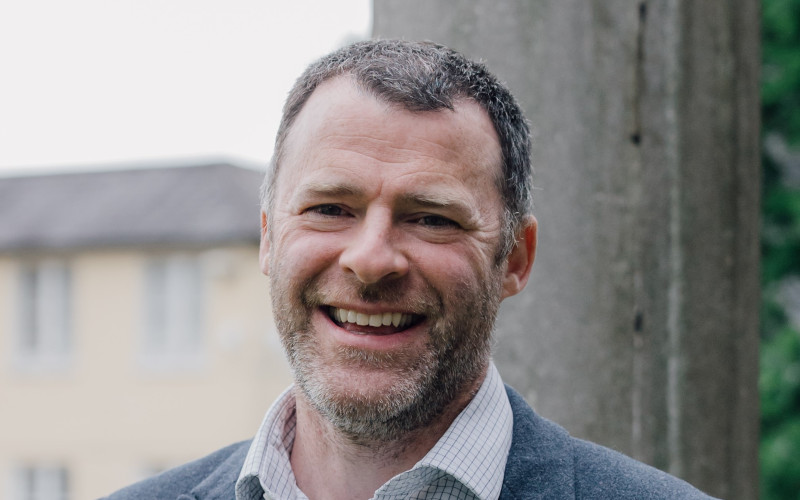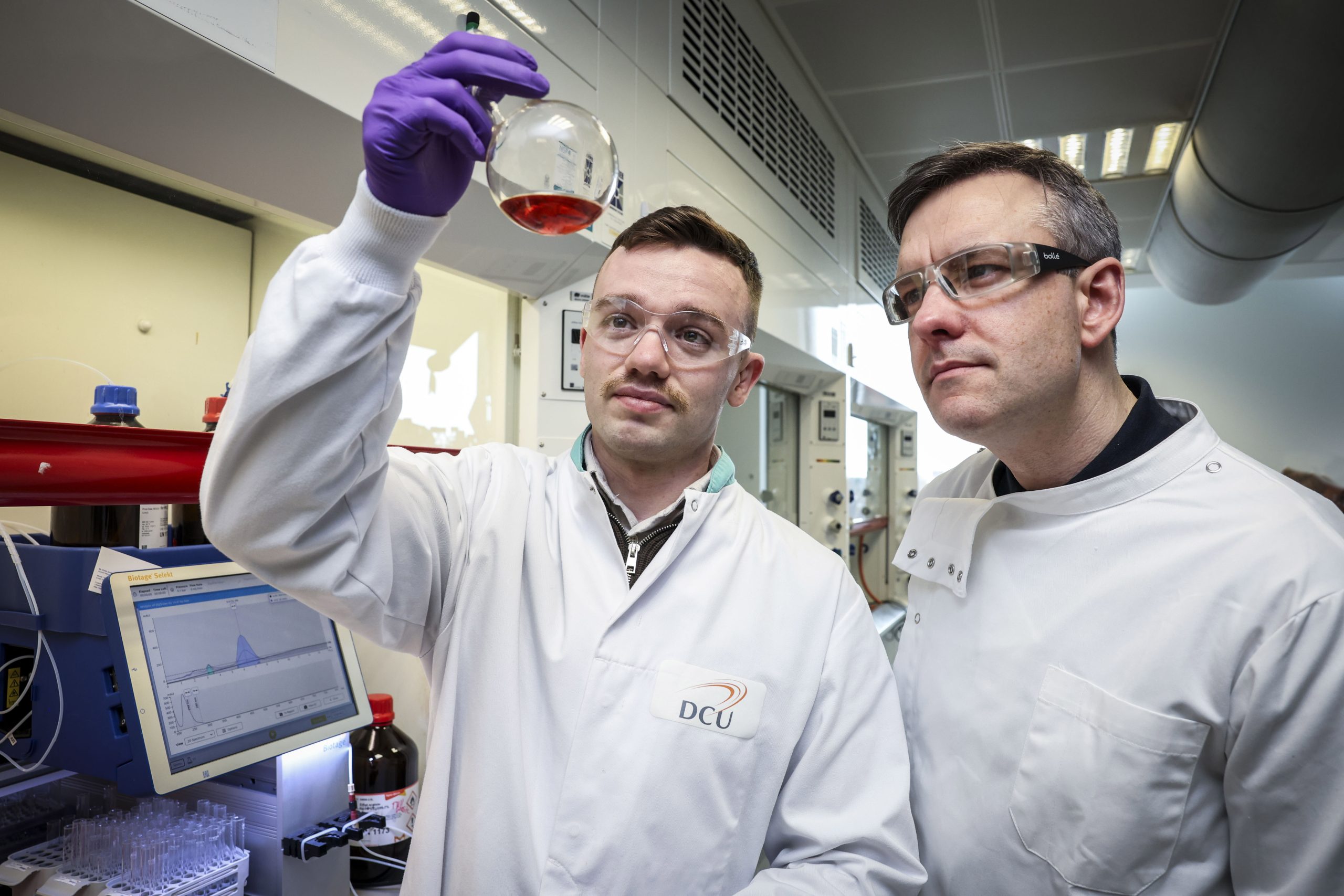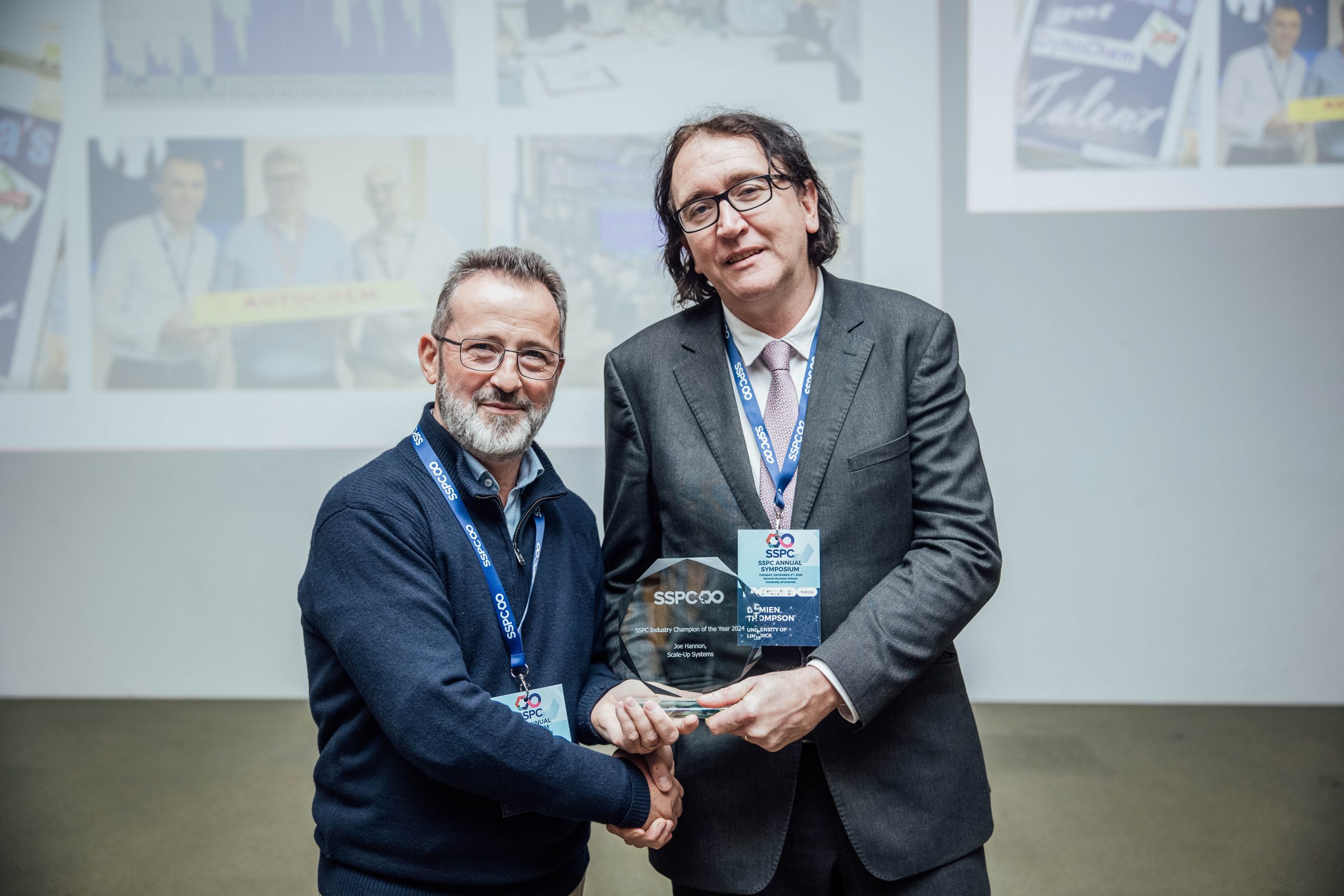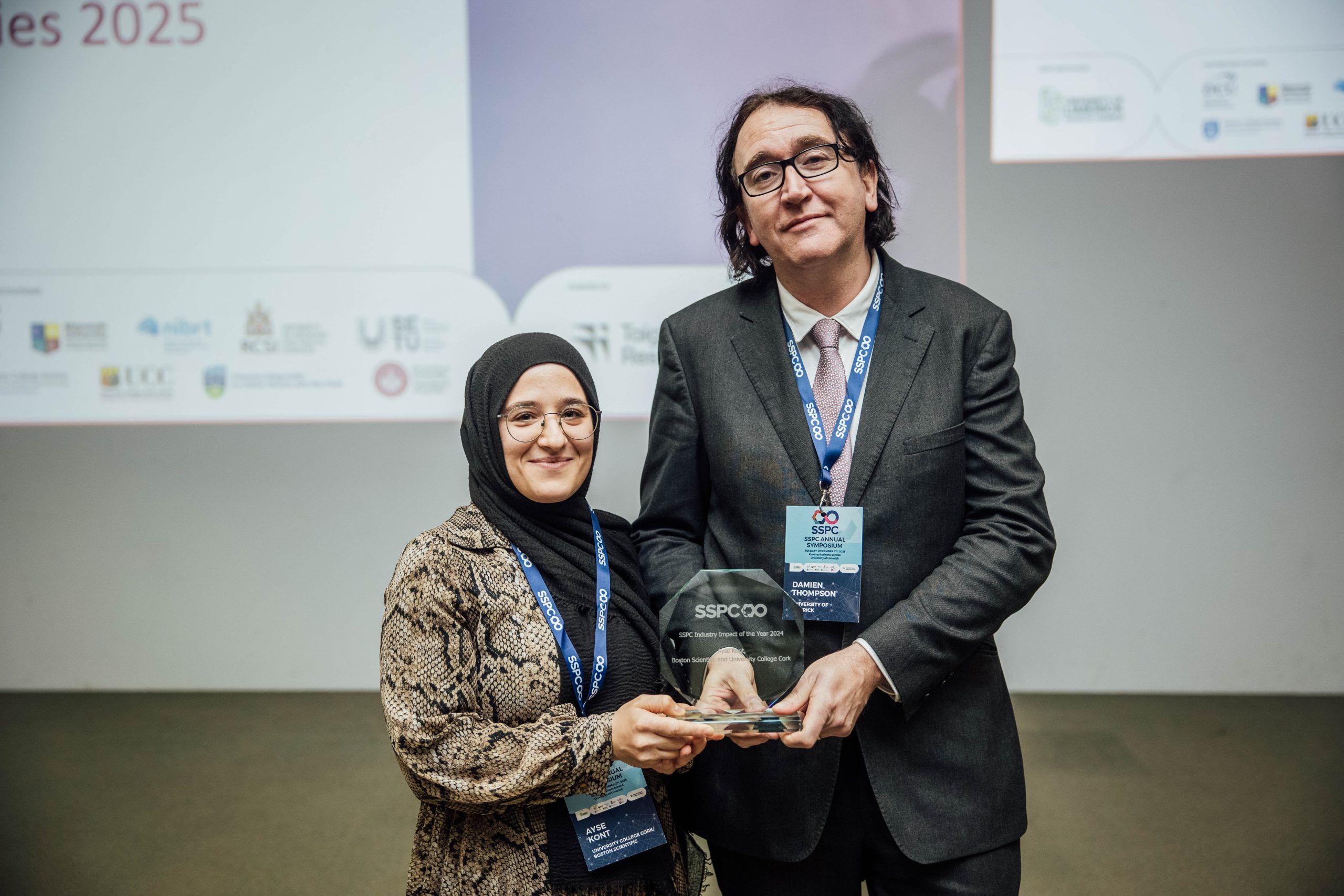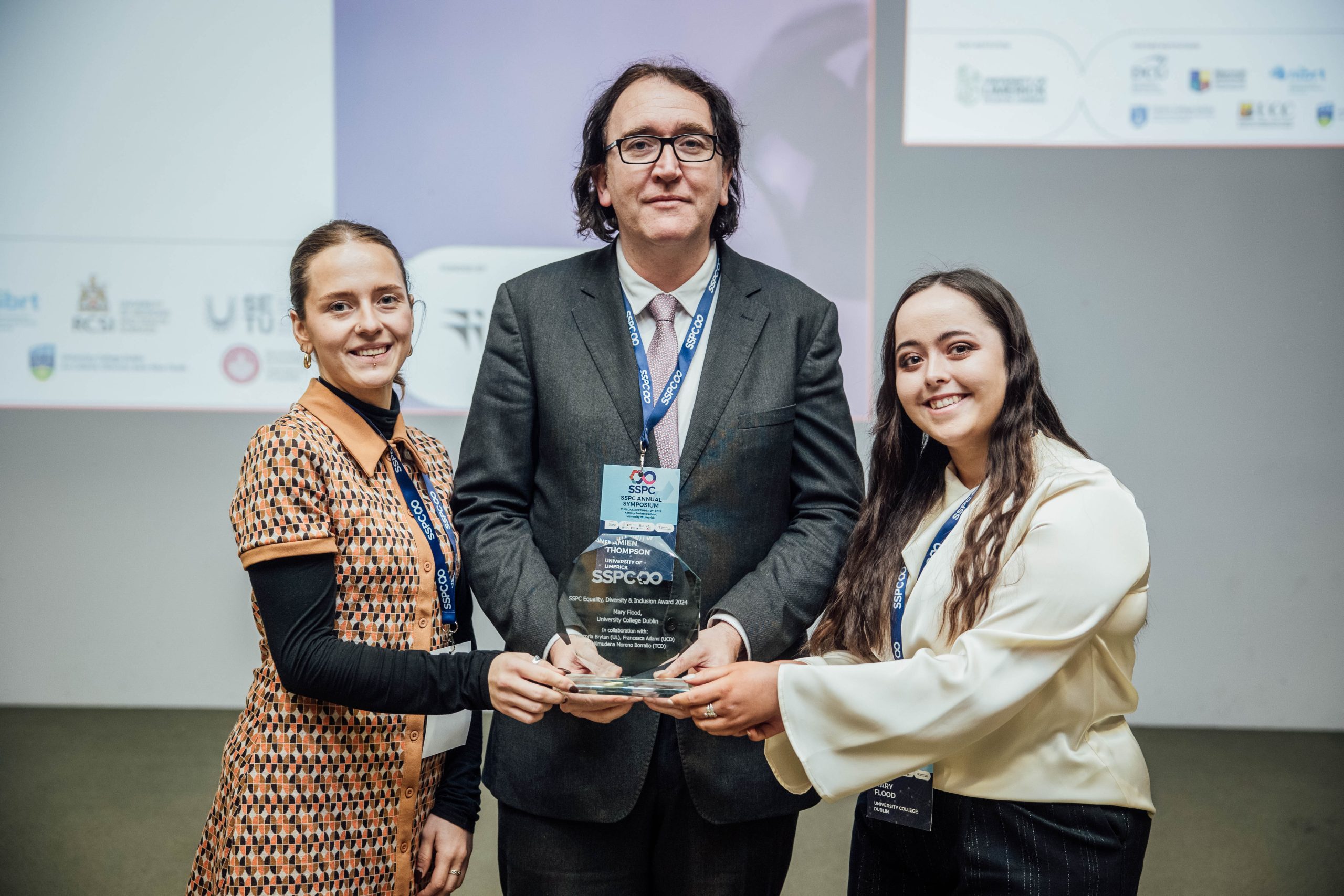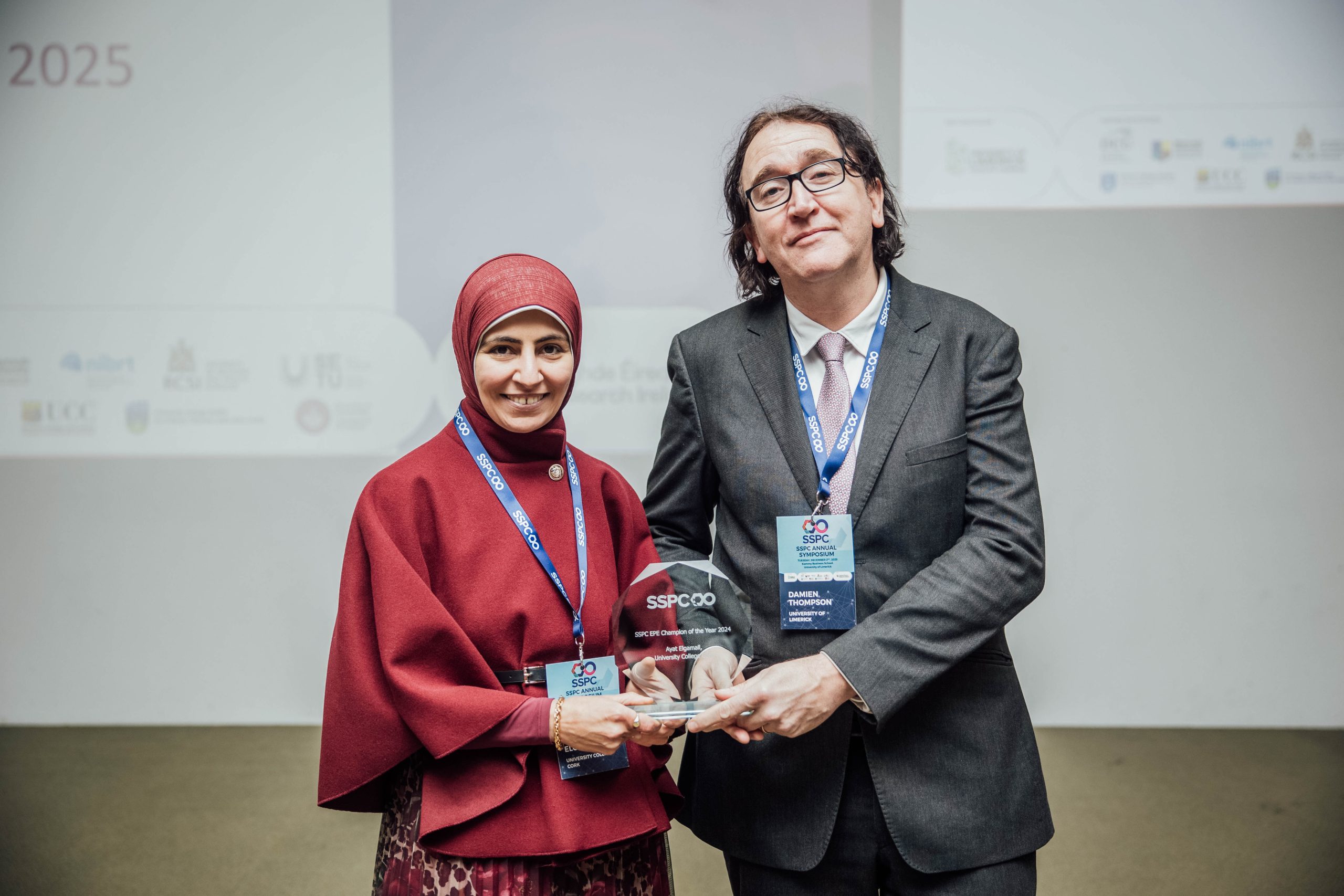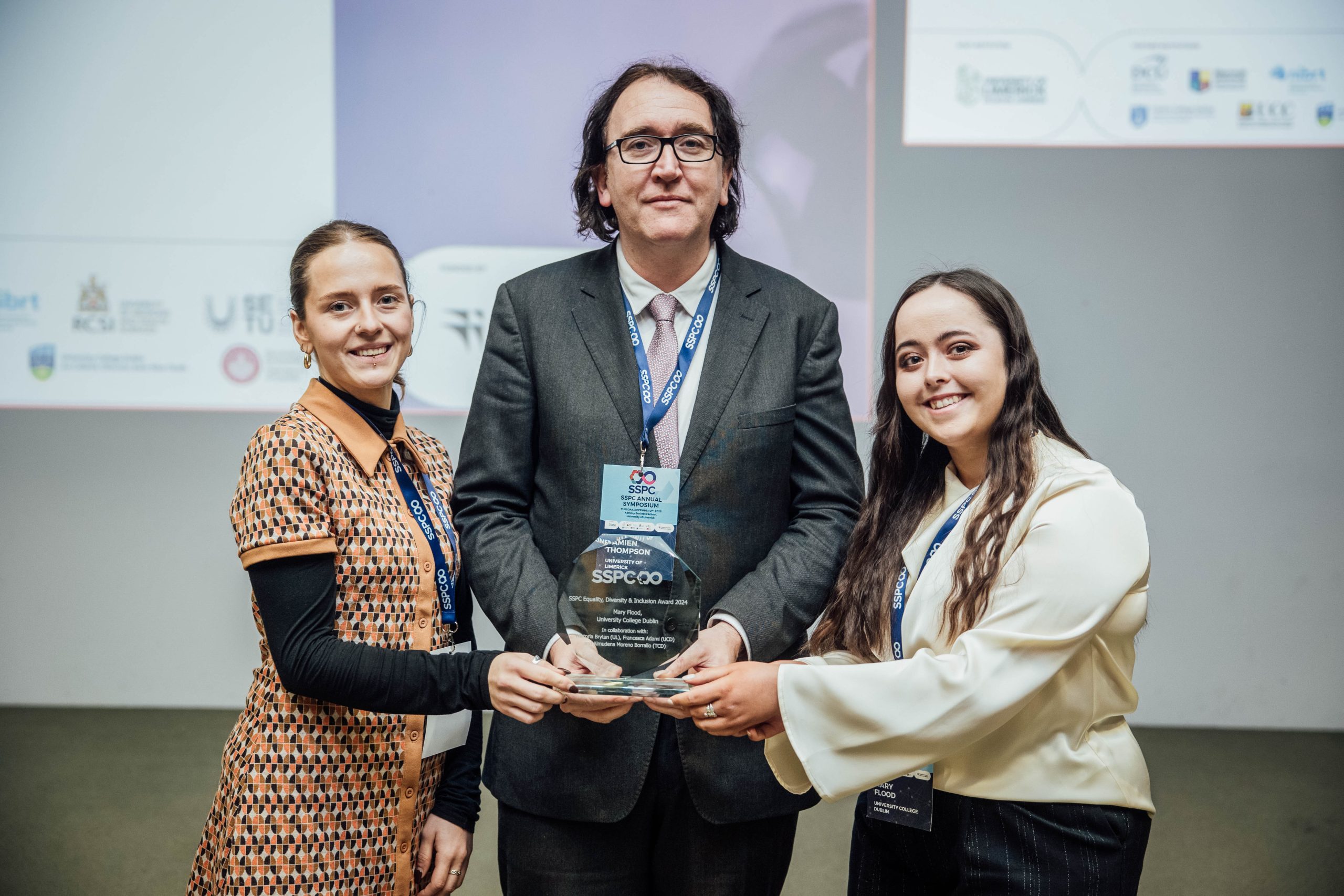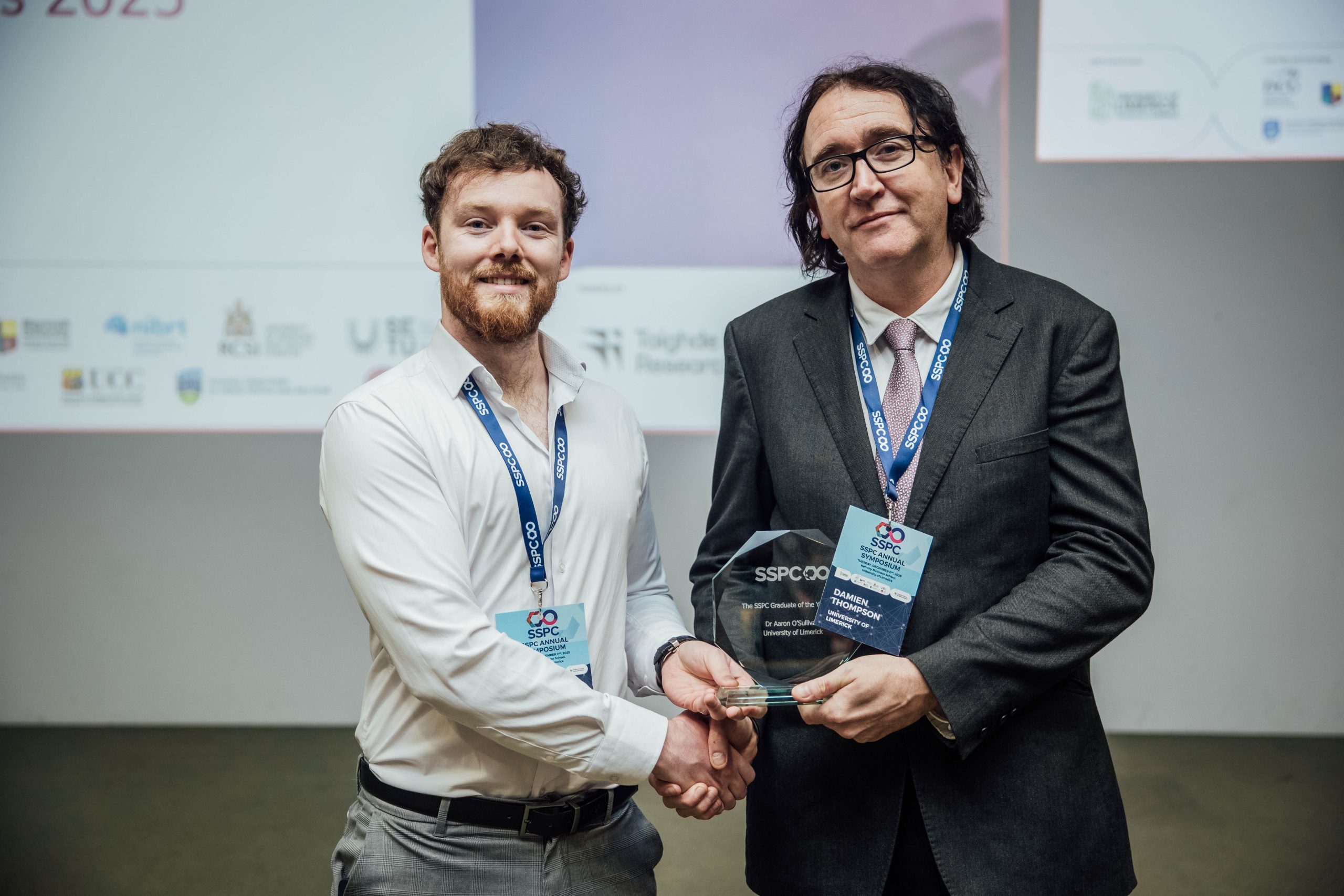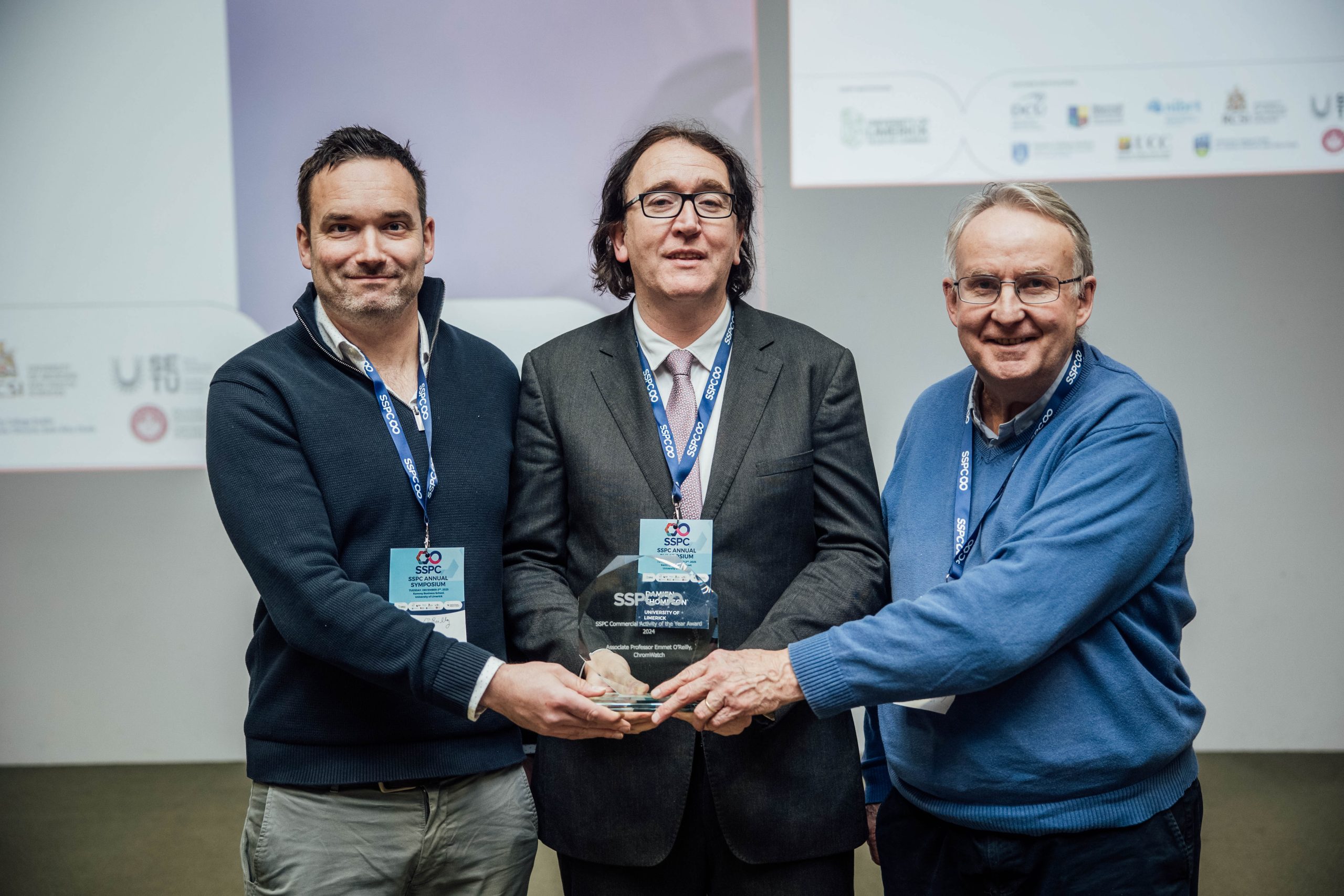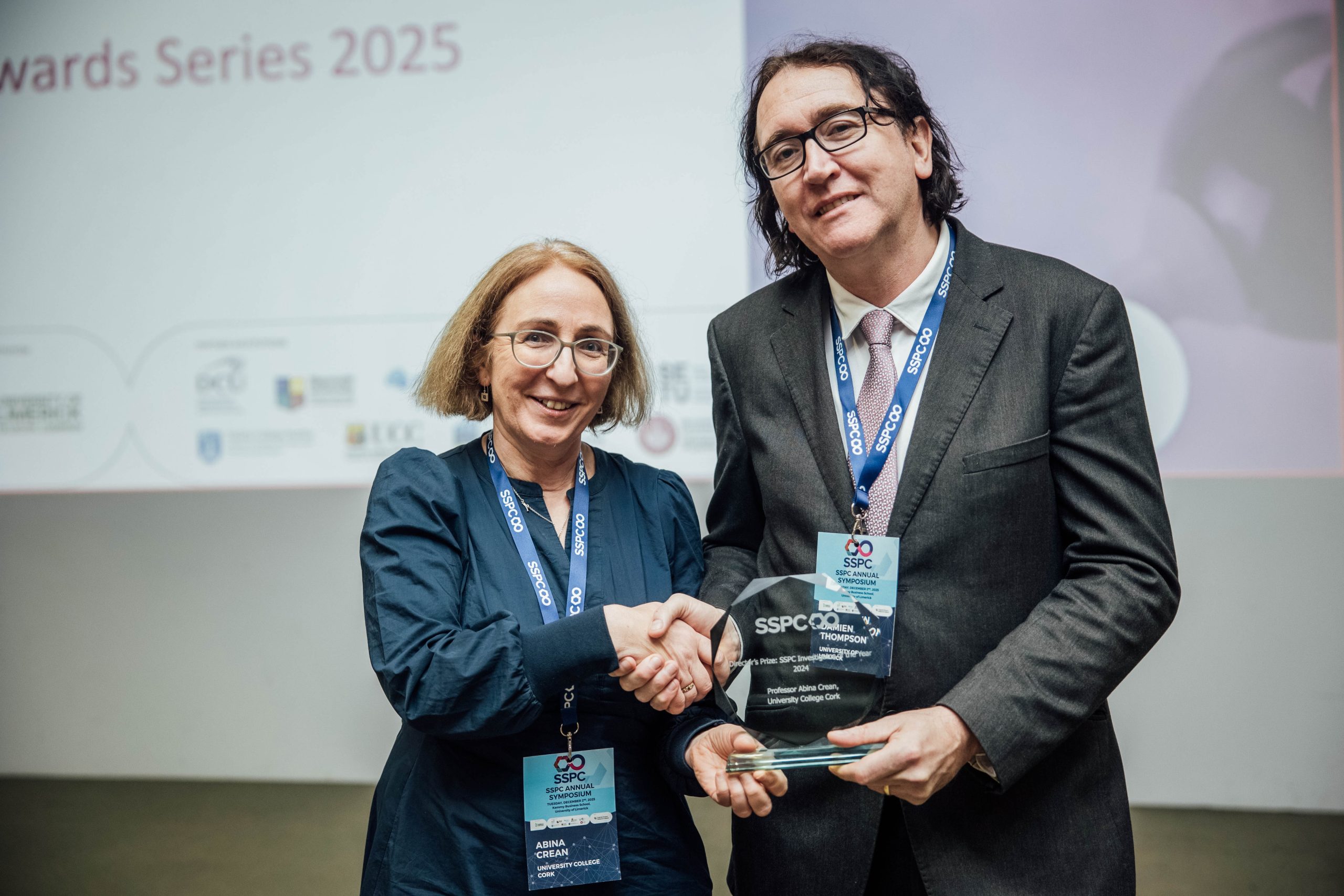Artificial Intelligence can be used to make drug production more efficient, economical, and sustainable, according to the international research team behind a ground-breaking new collaboration.
Scientists from University College Cork (UCC) with academic and industry leaders from Ireland and the United States are part of a new initiative named ‘InTeleCat’, which aims to accelerate the development of pharmaceuticals. The team, led by Professor Gerard McGlacken of UCC’s School of Chemistry, is comprised of experts in the fields of catalysis, computational chemistry, and data science.
Professor Ger McGlacken, lead on the project said:
“The optimisation of chemical structures for a desired clinical effect is a very expensive and time-consuming process. In this project we will use high throughput screening and Artificial Intelligence (AI) to dramatically accelerate future pharma campaigns. This is the future of drug optimisation and very much part of the UCC ambition through Future Pharmaceuticals”.
The primary goal of InTeleCat is to leverage Machine Learning (ML) and Artificial Intelligence (AI) to optimise and predict catalytic processes that are critical in the pharmaceutical industry. This initiative aims to significantly reduce the time and cost required to identify the best route to a desired Active Pharmaceutical Ingredient (API) and to predict which APIs are suitable for specific reaction conditions.
The project has been mobilised by funding of $120,000 from the University of Notre Dame through a Naughton Fellowship, supported by the SSPC, the Research Ireland Centre for Pharmaceuticals and represents a significant step forward in the pursuit of innovative and efficient solutions for the pharmaceutical sector.
Scott A. Frank, Associate Vice President, Eli Lilly added:
“Eli Lilly is looking forward to collaborating with the McGlacken group at UCC in cooperation with the University of Notre Dame, and the University of California, Los Angeles. This is a very exciting project which will leverage our high throughput experimental capabilities in Indianapolis to carry out thousands of reactions in a single day, building data platforms which will be used with machine learning and AI to sort data. It is our firm position that this is the future of drug development and will accelerate rapid identification of ideal chemical processes”.
The University of Notre Dame’s Naughton Fellowship program, fosters leadership through international partnerships and stimulate collaborative research efforts. Olaf Wiest, the Grace-Rupley Professor of Chemistry & Biochemistry at Notre Dame, will work with team lead Ger McGlacken, and vice dean for research and innovation at University College Cork, Abigail Doyle, the Saul Winstein Endowed Chair in Organic Chemistry at the University of California Los Angeles, will also contribute to the project along with Sofiya Evenko, a doctoral student at University College Cork, and corporate partner Eli Lilly.
The team includes: Dr. Gerard McGlacken, School of Chemistry, UCC; Professor Olaf Wiest, University of Notre Dame; Professor Abigail Doyle, University of California Los Angeles; and Eli Lilly, Indianapolis, USA, along with process chemistry experts from Eli Lilly, Kinsale, Co. Cork.
The team is further strengthened by PhD student Sofiya Evenko, who is funded by Eli Lilly and SSPC, the Research Ireland Centre for Pharmaceuticals.
Source: University College Cork

